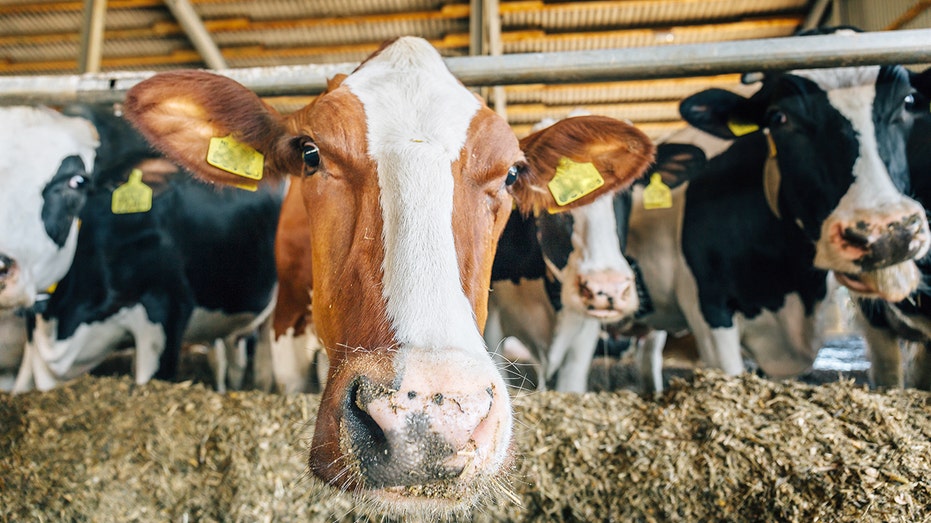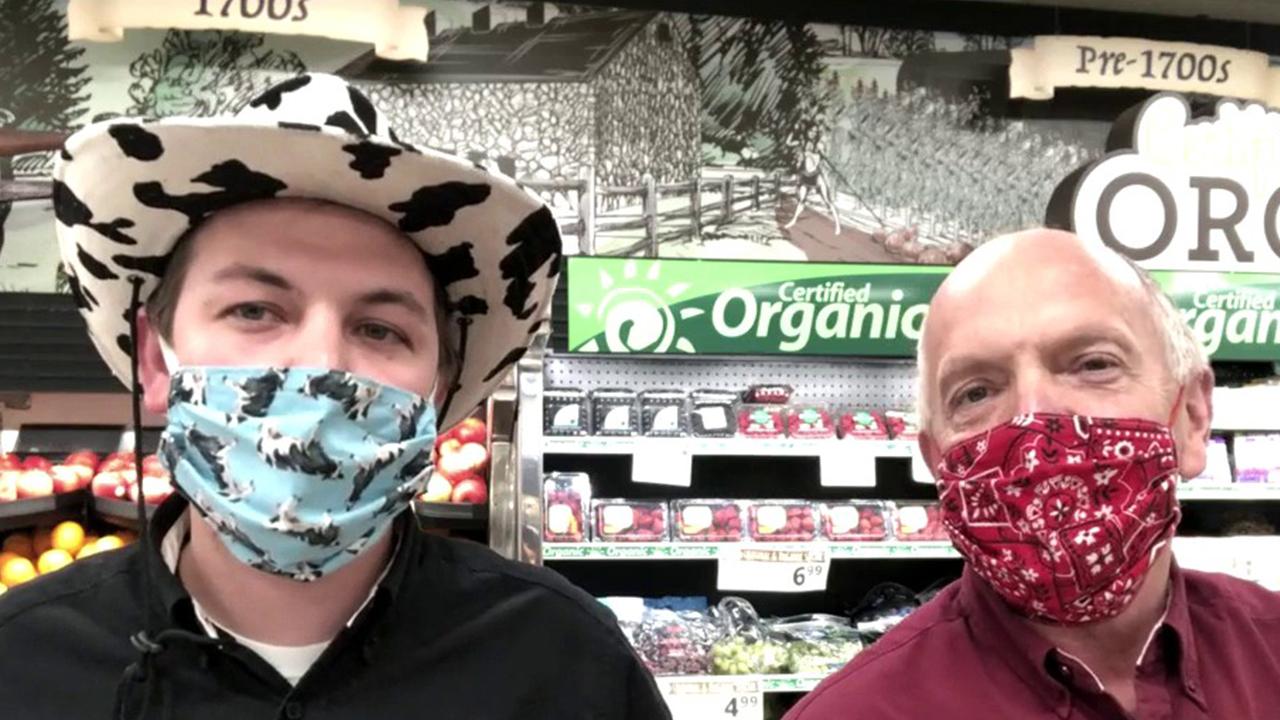Supermarket donates milk during coronavirus crisis to needy families
'Why dump all that milk and let it go to waste?' said Jon Hurst of Oregon Dairy
Get all the latest news on coronavirus and more delivered daily to your inbox. Sign up here.
A local supermarket is stepping up efforts during the coronavirus pandemic by helping to put food on the tables of those in need.
Oregon Dairy Center in Lancaster, Pennsylvania, has been in business for 40 years but has shifted its business to serve the community during the crisis.
CORONAVIRUS SHUTDOWN THREATENS POPULAR US TRAVEL DESTINATION
“It started obviously several weeks ago when everything started coming down," Oregon Dairy co-owner and General Manager Curvin Hurst told FOX Business’ Neil Cavuto. “We as a company decided we got to take a positive approach on doing whatever we can to have it not fall apart and do our best to serve our customers to have our employees feel like they're living in a safe place.”
Part of the effort includes supplying milk to poverty-stricken families. Jon Hurst, who manages the store, said it started after a local food bank asked if there was anything the store could do with its milk that was “just getting dumped” at the time due to lack of demand.
CORONAVIRUS FORCES DAIRY FARMERS TO DUMP MILK MEANT FOR RESTAURANTS

iStock
“Why dump all that milk and let it go to waste?” he said. “So we got them him into our facility. We have a small processing plant there. We do our own milk, pasteurized and homogenized. So we got them in here and there’s milk going out the door to a lot of needy families.”
Pennsylvania Gov. Tom Wolf announced a plan to begin to slowly reopen the state in three phases. Areas of the state will begin to see an easing of restrictions starting May 8. Stay-at-home orders have been in effect since April 1.
CORONAVIRUS IMPACT: STATE-BY-STATE RESTRICTIONS
Hurst said he’s trusting the governor to make the right decision with respect to the restaurant part of the business, but the safety and well-being of customers is a concern.
“When we get back into this, our restaurant business will be different. We will have a restaurant with a 200 seat, we’ll probably serve maybe 80 people at a time,” he said. “We're just going to go back and into it gradually and take the guidelines we're given by our local municipalities and by the CDC and FDA.”
GET FOX BUSINESS ON THE GO BY CLICKING HERE
In the meantime, back inside of the grocery store, keeping up with demand for everyday items, like toilet paper, its biggest seller right now, is keeping them plenty busy.
“We've managed to keep one ourself with some creativity, with selling single institutional roles,” Jon Hurst said. “Of course, you know, the breads, canned goods, they're all… difficult to keep on the shelf. They're getting wiped out every day. But we're keeping up with it. And recently we just got some hand sanitizer made by a local distillery.”
CLICK HERE TO READ MORE ON FOX BUSINESS





















